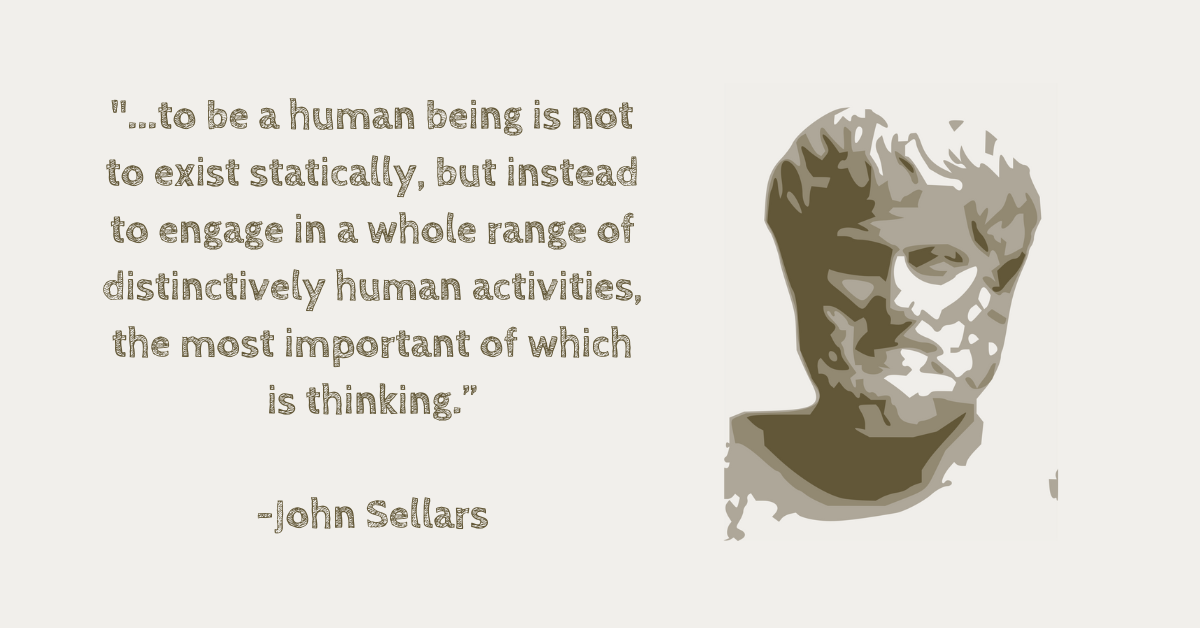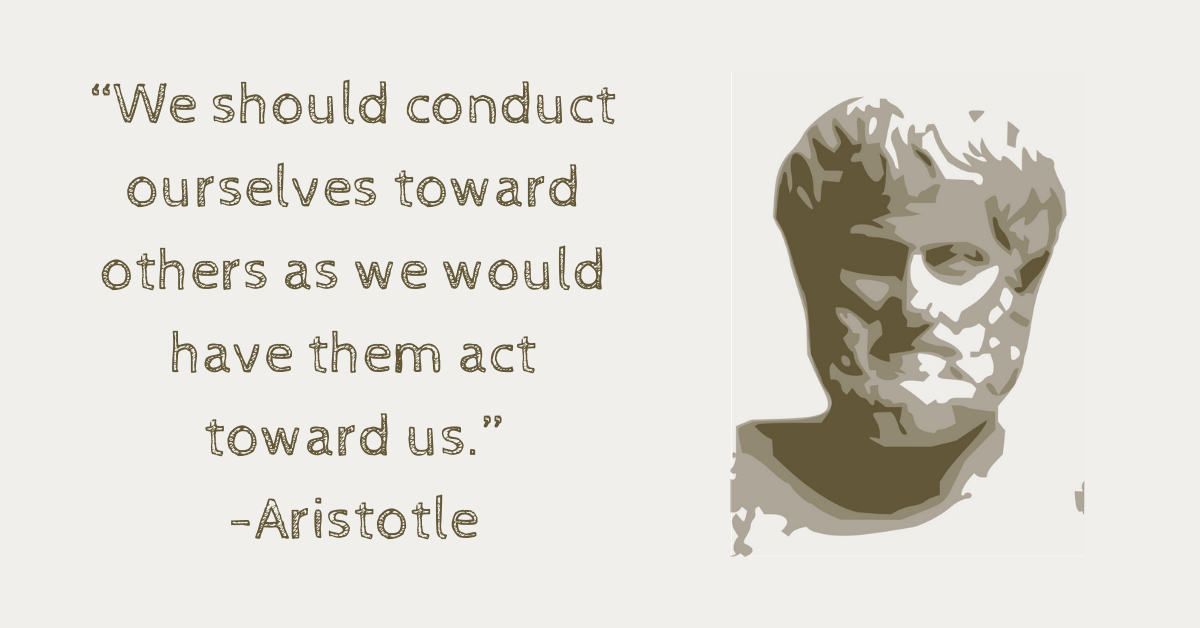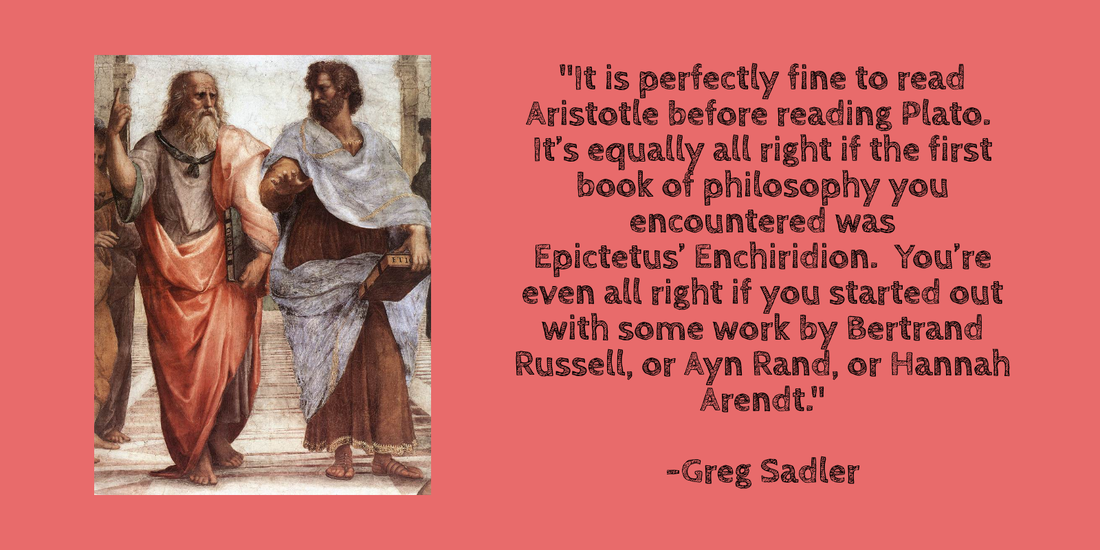We discuss the ideas of Pythagoras, Plato, and the Stoics, and the ideas they held about beauty. In this highly illustrated video, we also explore the importance of harmony and proportion in nature and art, and how they were used to enhance beauty in ancient architecture and Renaissance paintings.
The conversation also touches on the connections between beauty, truth, and goodness, and the timeless wisdom of ancient philosophy that can still inspire us today.
Links: https://livingideasjournal.com/
https://therenaissanceprogram.com/the-renaissance-program-in-florence-italy/
Support Common Sense Ethics to see more videos like this:
Paypal | Patreon | Kofi













